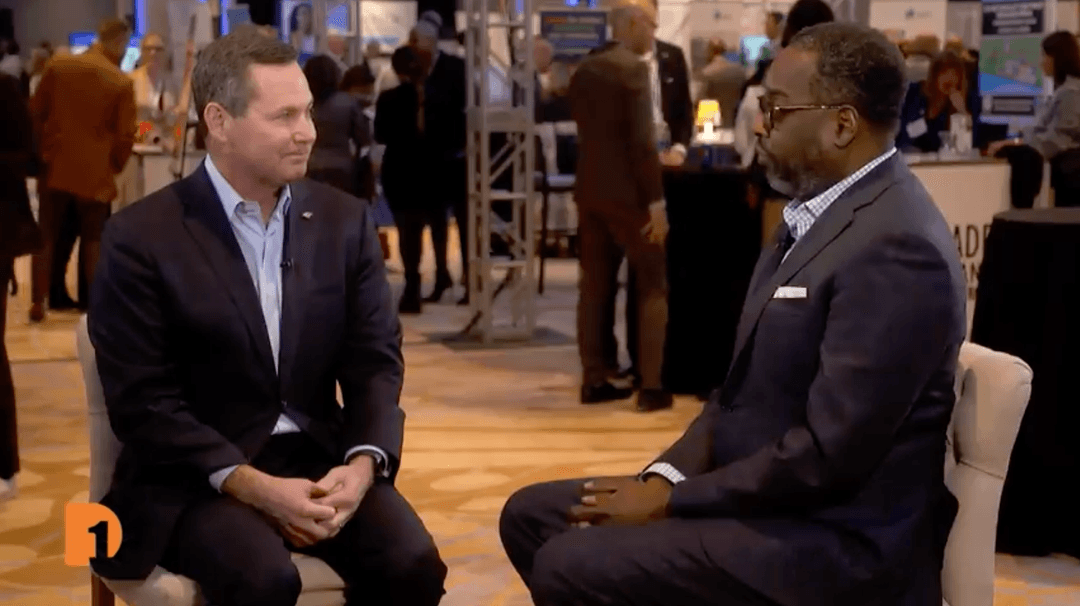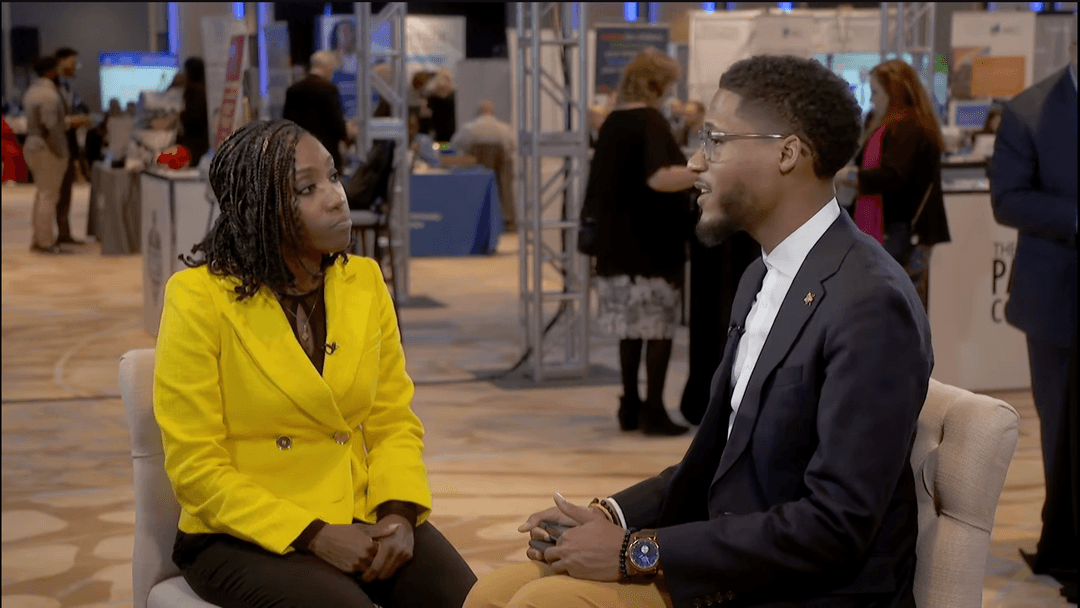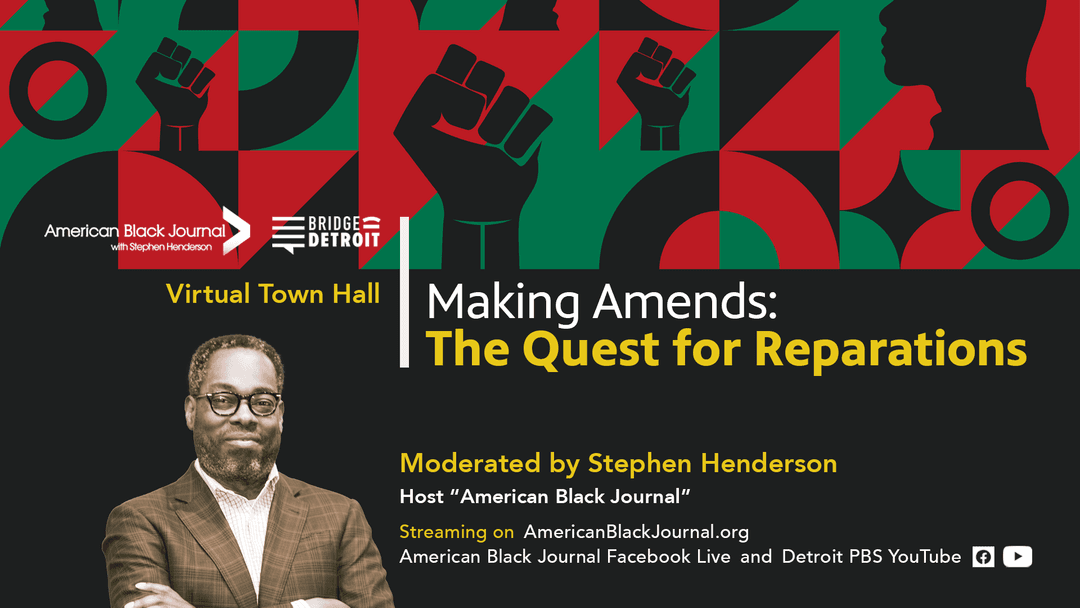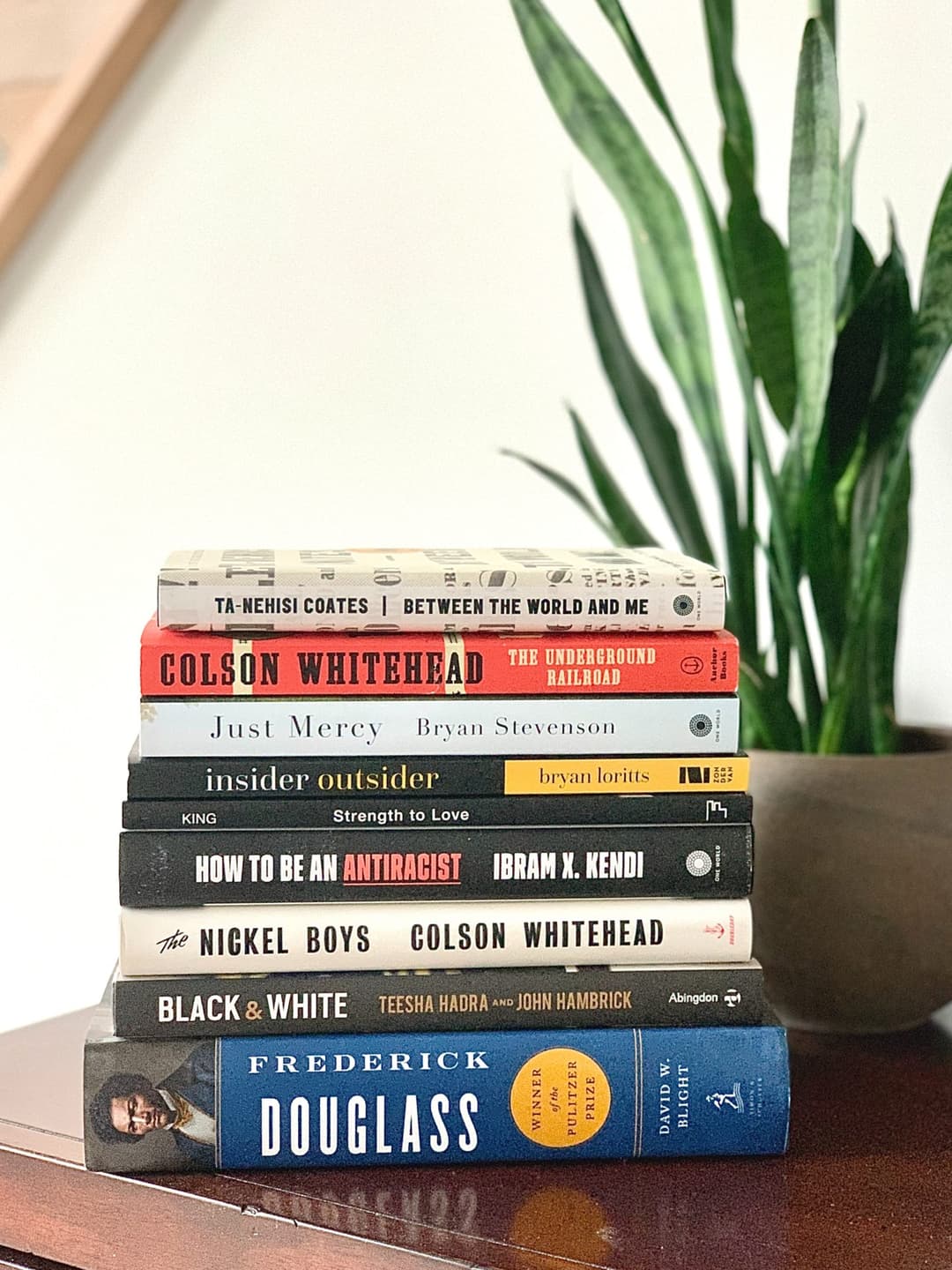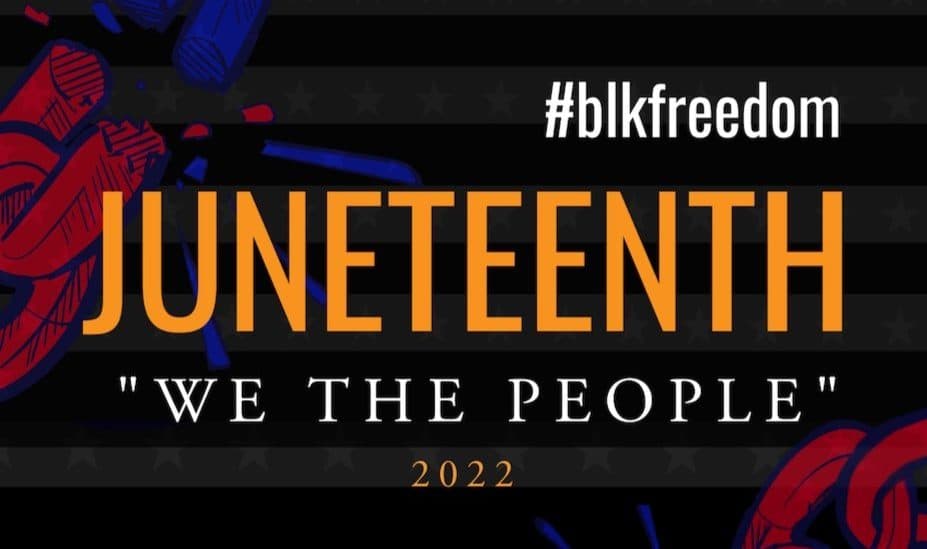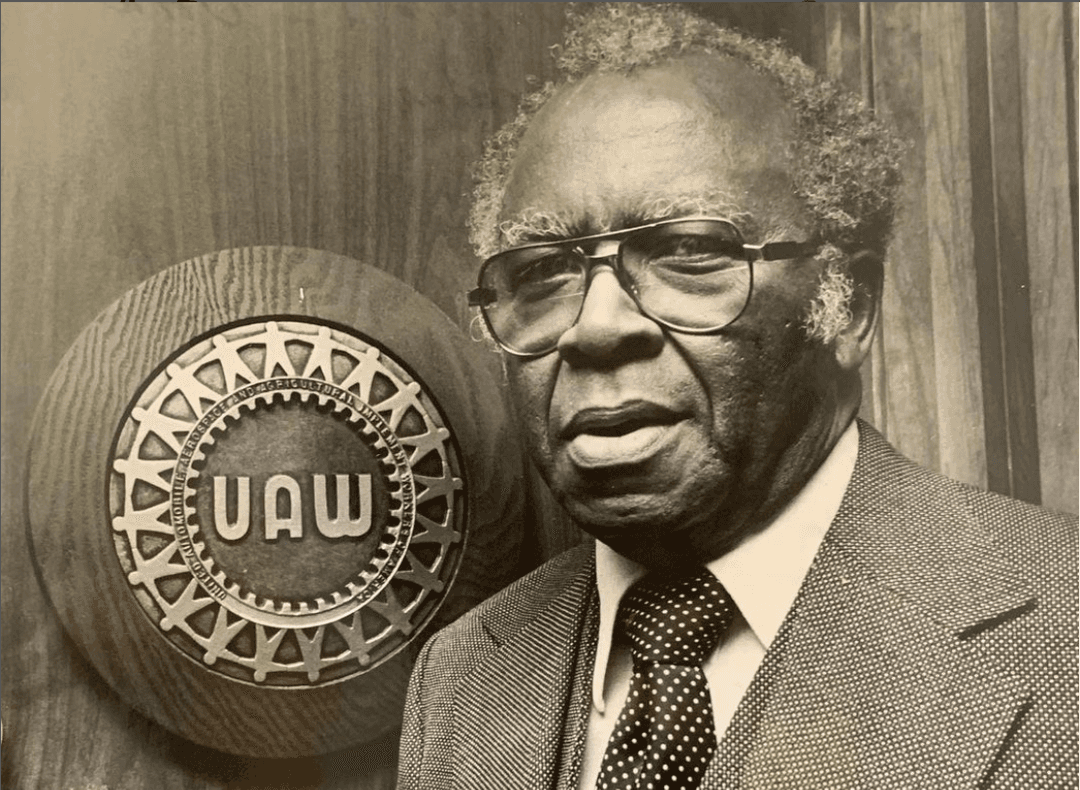Urban Consulate creates new video series featuring African American changemakers
Apr 4, 2023
Urban Consulate, a network that brings people together to share ideas on building just and equitable communities, is launching a collection of videos, titled “Urban Consulate: In Session,” featuring African American changemakers who offer knowledge in their respective fields of expertise.
Founded in 2016, the Consulate has hosted hundreds of conversations across the nation around the belief that open dialogue and information-sharing are critical to transforming ourselves and our communities.
Ahead of the video series launch, “American Black Journal” host Stephen Henderson talks with Urban Consulate Detroit host Orlando Bailey and one of the video instructors, Shari Davis, co-executive director of the Participatory Budgeting Project in Oakland, California.
They discuss Urban Consulate’s mission, the critical conversations that take place in cities across the country, and the premiere of the “Urban Consulate: In Session” video series at an April 5 event in Detroit featuring New York Times bestselling author Jason Reynolds and moderated by Bailey.
Full Transcript:
Stephen Henderson, Host, American Black Journal: Orlando Bailey and Shari Davis. Welcome to American Black Journal.
Orlando Bailey, Host, Urban Consulate Detroit: Thank you for having us. We’re excited.
Shari Davis, Co-Executive Director, Participatory Budgeting Project: Excited to be here.
Stephen Henderson: Okay, Orlando, I’m going to start with you. Tell me about Urban Consulate In Session, how you come up with this and what you guys are hoping to achieve.
Orlando Bailey: Yeah. Thanks, Steve. And first, I want to tell you a little bit about Urban Consulate for those folks who may have been living under a rock since 2015.
Stephen Henderson: I was going to say, it’s been around for a while now.
Orlando Bailey: But it is basically people that have critical conversations about cities. And I came on as host in 2008 and we’ve explored cities and a really multifaceted way from equity, equitable development to equity and jobs, equity and construction. We talk a little bit about community redevelopment and that sector, just all kinds of things that amazing black people are doing in the city and around the nation. And so in 2021, we released a survey asking our audience, What do you want to learn about?
If you can learn about one specific thing or multiple things, what would it be? Right. And so we got feedback around participatory budgeting, equitable real estate, commercial development, architecture, but with an activist approach, narrative power and storytelling, as well as community organizing and artistry. And so, we took that feedback and we looked–we did a national scan and a local scan of who the experts are in these particular areas and for participatory budgeting, who other than Sherry Davis.
In the arts feel right? We talked to Jessica Care Moore and community organizing, Davida Davison, Darnell Adams for Equitable Development, Dr. Craig Wilkins for activist architecture, and myself for amplifying black voices. Folks who are in this space doing the work, who can teach an audience how to do it. And so it’s our version of a master class, quote-unquote, but we’re calling it In Session.
Stephen Henderson: Yeah. Yeah. So, Shari, you’re from the Participatory Budgeting Project in Oakland, California. I want to have you have our viewers learn a little more about that, but also how that connects in with what the Urban Consulate is doing.
Shari Davis: Yeah, totally. Well, thank you so much, Stephen, and so good to see you, Orlando. The Participatory Budgeting Project’s mission is to transform democracy. And at the center of that is centering community members most impacted by public budgets and decisions. And so that is black and brown people, folks that have been formerly and currently incarcerated, individuals that may have been pulled into the justice system or have a jaded experience by local government. They may also have an experience that looks like a long history of exclusion.
Participatory budgeting and participatory democracy creates the opportunity for people to build power, to make decisions that are equitable, to build processes that are accessible, to decide over things that impact their lives in a significant way. And so we build and design process with community that looks like community members having a say over what the process design looks like.
That looks like building spaces for radical imagination for folks closest to the issues. To really dream about solutions and use their practical lived experience to direct investments toward building communities that work for us that are built by us. And I think that’s really how it connects to the amazing work that’s happening with Urban Consulate and with this opportunity for in session, for folks to really understand or be introduced to innovative opportunities for folks to kind of direct what happens around them.
Stephen Henderson: So, give me some examples of how this ends up looking different in communities where you’re doing it, then the processes and the institutions that we already have, like in government and business and nonprofit. What is adding these other voices to the process end up looking like?
Shari Davis: Participatory democracy and participatory budgeting is radically different. And this has been a growing movement, right? And so it’s relatively new in the United States. But in the last 13 years where we’ve seen participatory budgeting grow, it’s grown from instances where community members are maybe deciding on a couple hundred thousand dollars or deciding on maybe $1,000,000 in their community to multimillion-dollar processes, like what’s happening in L.A. right now with the L.A. repair process. And repair is a long acronym.
But one of those words, one of those R’s in there is about reparations. And so what does it look like for community members to be able to address harm by directing resources into most harmed communities Historically and traditionally, that’s what the L.A. repair process is like. And participants in that process are saying things like, Wow, I’ve never had an opportunity to make decisions about public funds.
I’ve never had an opportunity to actually drive resources to root causes that I experience and that my expertise, my lived experience in this community says are very present and valid. It also looks like one of the largest participatory budgeting processes in the country right now, which is in Seattle. It’s a nearly $30 million participatory budgeting process that includes a multimillion-dollar divestment from the local police department and again, an opportunity for community members to direct how that funding is spent to build safe, strong communities.
Stephen Henderson: Yeah.
Orlando Bailey: How serendipitous is it, Stephen, that right now Detroit is going through budget season and the fact that we just erected a reparations task force to look at the feasibility of what that could look like in the city of Detroit?
Stephen Henderson: Yeah, I mean, we have been kind of circling around this idea of more participatory budgeting, more inclusive decision-making in the city. I think we’re going to get there sooner rather than later. At least I hope we do. I do want to talk a little about Jason Reynolds and the session that you’re planning with him. Talk about that.
Orlando Bailey: Yes. So, Jason Reynolds, he just finished his term as the national ambassador for Young People’s Literature with the Library of Congress. He’s a number one New York Times best-selling author and literally one of my favorite people to read and to watch. And so, with the amazing experts that are featured in In Session, we wanted a premiere that was splashy with a name that would get people out revved up and excited about it. And Jason Reynolds, I mean, who’s a better ambassador for learning in the United States than Jason Reynolds? And so on April 5th at the Garden Theater at 6:30, I will be in conversation on stage at the Garden Theater with Jason Reynolds to talk about his work, his love of learning, and to celebrate the amazing experts that are in the series and to premiere the series that evening on April 5th. So we’re really, really excited that we got Jason to come and be a part of it.
Stephen Henderson: And the idea here is some sort of instruction for people. People are supposed to take away from this, a real empowerment around the ideas and the material. And again, Shari, that’s where your work really overlaps with what they’re doing here at Urban Consulate.
Shari Davis: Yeah, I’m really excited for folks to hear from all of the experts. I feel like my modules in In Session are really an opportunity to think about what radical imagination looks like. What it looks like to bring an Afro-futurist lens to this work. What it looks like to think about us surviving and thriving and building a blueprint toward that. And so I’m excited to share those reflections. I’m really excited to also hear from the other incredible experts in the series.
Stephen Henderson: Yeah. Orlando, talk more about how this overlaps with this moment in Detroit and the things that we are doing, the things that we are thinking about, the things that we’re talking about all of a sudden. This is a really different time than just three or five years ago in the city, in terms of how activated I feel like people are around this question of who gets to have a say. Who gets to sit at the table? Who gets to make the decisions?
Orlando Bailey: Well, first off, I love that question, Stephen. The consciousness of Detroiters has been rising by the minute. And what is reflective of that is the In Session series. And so when folks are talking about, you know, architecture and activism and architecture, when you walk into a new space, how does it make your soul and spirit feel? Do you feel welcomed by the architecture? Is it reflective of a culture that is familiar to you? And Dr. Craig Wilkins breaks that down immaculately.
We are always having conversations around development. Just yesterday, the City Council approved tax abatements for District Detroit, and a lot of Detroiters have things to say about development and how it’s done. Well, Darnell Adams has been at the forefront of a lot of equity-based development projects here in the city of Detroit. Whether it is closing the gap on that capital stack in the performer or his role currently at the Gilbert Family Foundation and implementing a $500 million spend down.
So he’s there to talk about that and how he’s been doing it. And for me, what’s so important is that Detroit is the largest majority-black city in the nation, right? Does the record reflect that? And if not, how do we get the record to reflect that? How do we get black people on record? How do we get black folks to recognize the power that already exists within themselves to tell their stories and to document what is observed, it’s so important. So, so many things that are literally reflective of the time that we’re living in. And we didn’t anticipate that, but it happened.
Stephen Henderson: Well, I guess the hope is that this adds fuel to the fire, right? This pushes all of those things and all of that consciousness to a higher level. Tell people how they can attend the talk with Jason Reynolds on April 5th.
Orlando Bailey: We’re sold out. But there is a waitlist. More seats will open up so you can go to urbanconsulate.com to sign up for the waitlist and hopefully, we’ll see you April 5th, 6:30 at the Garden Theater.
Stephen Henderson: It’s going to be exciting. All right, Orlando and Shari, congratulations on the work, and thanks very much for being here with us on American Black Journal.
Shari Davis: Thank you.
Stay Connected:
Subscribe to Detroit PBS YouTube Channel & Don’t miss American Black Journal on Tuesday at 7:30 p.m and Sunday at 9:30 a.m. on Detroit PBS, WTVS-Channel 56.
Catch the daily conversations on our website, Facebook, Twitter and Instagram @amblackjournal.
Stay Connected
Subscribe to Detroit PBS YouTube Channel & Don’t miss American Black Journal on Tuesday at 7:30 p.m. and Sunday at 9:30 a.m. on Detroit PBS, WTVS-Channel 56.
Catch the daily conversations on our website, Facebook, Twitter, and Instagram @amblackjournal.
Related Posts
Leave a Reply
Your email address will not be published. Required fields are marked*








